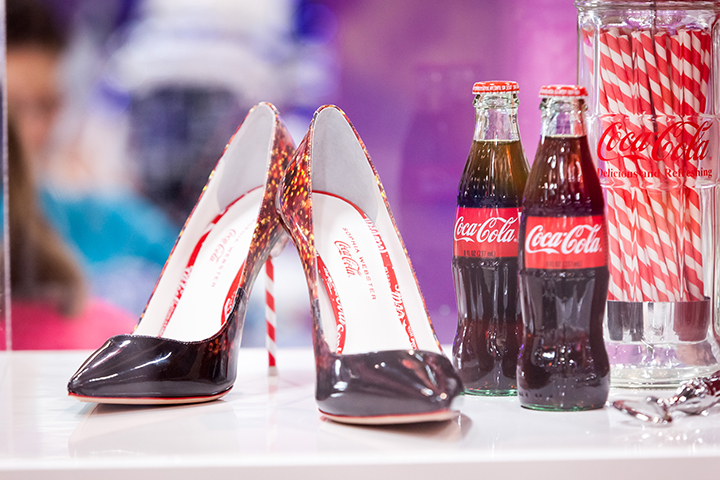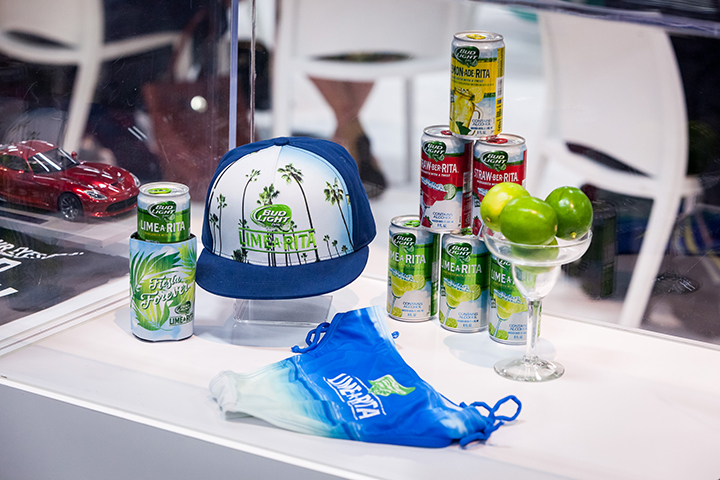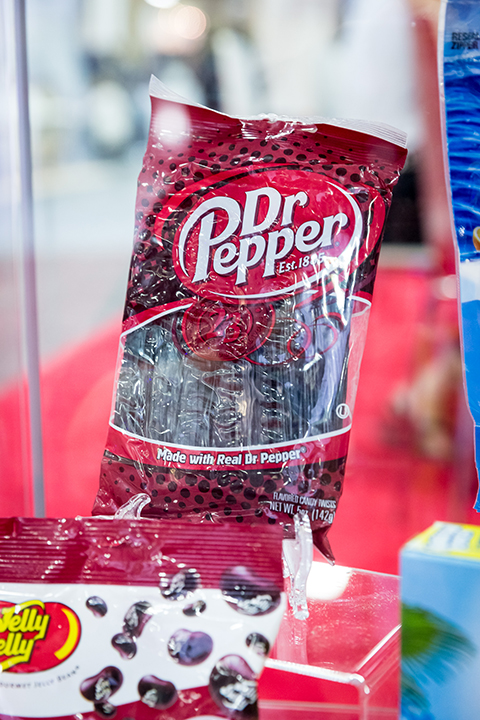Did you know that the branded products you buy are often the result of licensing partnerships? The global licensing market is worth $251 billion at retail annually.
The technical definition of licensing is “the process by which a brand or intellectual property (IP) owner extends a trademark or character out of its principle environment and onto products of a completely different nature.” Licensing is a way to move a brand into a new business without making an initial and cost prohibitive major investment in new manufacturing processes, machinery, or facilities. In a well-run licensing program, the brand/property owner maintains control over the brand image and how it's portrayed (via the approvals process and other contractual structures), but eventually reaps the benefit in the form of additional revenues (royalties), as well as by exposure in new channels or store aisles.

Licensing is the business model relied upon by thousands of the largest and most established global brands to extend their brands into new categories and territories. Brands that use licensing as their business model include Disney, Warner Bros., Coca Cola, Skechers, Boy Scouts of America, Cosmopolitan Magazine, Ford, Jeep, Hershey’s, Jack Daniels, NFL, and NBA. Licensing is a proven, successful business model that thousands of manufacturers utilize to gain shelf space at retail to increase their product assortments and grow their revenues.
For example, Nickelodeon owns the brands Dora the Explorer, Teenage Mutant Ninja Turtles, and SpongeBob SquarePants. Nickelodeon’s business, for example, is making content for TV, but they don’t make any of the affiliated products that you see in stores, such as T-shirts, bedding, or toys. Nickelodeon has found product partners in each of those categories, signing licensing agreements with each of them to develop the products that depict those characters. Nickelodeon takes a percentage royalty from each sale that’s made by the manufacturer to the retailer. This royalty can be between 3% and 25% depending on the brand and the product being sold. By licensing, Nickelodeon can choose ‘best in class’ product partners who are experts in their product category and ensure that the very best product is made for the Nickelodeon brands.
Food-related partnerships
These partnerships are happening in the food industry too. Aramark recently teamed with “Iron Chef” Cat Cora to introduce a new dining concept developed exclusively for Aramark’s business dining clients, titled OLILO by Cat Cora. The fast-casual dining experience will also further expand Aramark’s suite of menu options as well as nutrition and wellness programs. Aramark is currently in discussion with several business dining clients about opening OLILO at their sites.
Licensing is a win-win for brands, manufacturers, and retailers. Brands consider licensing a significant marketing tool and revenue driver while retailers benefit through increased product sales and differentiation.

All types of companies, large and small can use licensing to grow their businesses. Many artists and designers have grown their businesses by licensing their artwork into the home décor, greeting cards, and stationery categories. Publishing companies have built significant brand equity among their readers and can tap into this via licensing into categories such as art or apparel. Videogames companies, collegiate sports, and fashion brands have followers and fans and therefore the brand equity than can be channeled into a profitable licensing program.

At first glance, the licensing industry seems to speak a different language, but once you know a few key terms, it starts to make sense.
King Digital Entertainment (a licensor/brand owner) recently partnered with three new licensees for baking-themed products inspired by its mobile game franchise, “Candy Crush.” First, Little Brown Book Group will expand its current “Candy Crush” offerings with a new recipe book, titled Candy Crush: Cakes & Tray Bakes. Bakedin will also launch a “Candy Crush” mug brownie mix and rainbow cake mix globally this month. Finally, F2J has created a line of cake molds, chopping boards, weighing scales, plastic cups, and glassware.
In this case, King owns the Candy Crush brand and so they are the licensor. They have extended their app game brand through three product partnerships—with a publisher, a food manufacturer, and a housewares manufacturer. These companies are licensees and will arrange the production, distribution, and go-to-market strategy for the products. As part of the go-to-market effort, the licensees will sell their products to retailers. Brand owners can have just one or two licensees or several hundred in the case of a major IP owner.
Another way a licensed product can end up in a store is through a direct-to-retail (DTR) deal. A retailer could develop an agreement directly with the licensor (brand owner) and pay a royalty for the brand. The retailer becomes the licensee and will source and produce the approved products to fill their shelves.
To learn more, the 2017 Licensing Expo will take place May 21-23, 2017 at Mandalay Bay Convention Center in Las Vegas.



